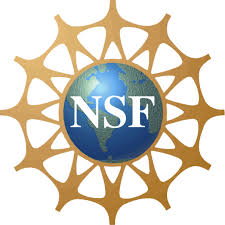|
Assistant Professor Hosun Kang has received a National Science Foundation CAREER Award in support of her research: "Expanding Latinxs' Opportunities to Develop Complex Thinking in Secondary Science Classrooms through a Research-Practice Partnership."
NSF CAREER awards support early-career faculty who have the potential to serve as academic role models in research and education and to lead advances in the mission of their department or organization. Project Summary This study will explore ways to enhance youths' learning experiences in secondary school classrooms (grades 6-12) by building a sustainable partnership between researchers and practitioners. The work will build on a previous similar activity with one local high school; plans are to expand the existing study to an entire school district over five years. The project aims will be: (1) To design a year-long teacher professional development program; and (2) To study the impact of the professional development model on teachers' capacity to plan and implement science curricula. The proposed work will be conducted in three phases: (I) develop a conceptual framework focused on inclusive science curricula, and implement the new teacher professional development program in 3 high schools with 15 science teachers; (II) expand to 6 middle schools in the school district with 24 teachers aimed at creating a continuous and sustainable research-practice partnership approach at the district; (III) focus on data analysis, assessment of partnership activities, dissemination, and planning a research agenda for the immediate future. The study will address three research questions: (1) Whether and to what extent does participating teachers' capacity of planning and implementing the curriculum improve over time; (2) How and why do teachers show differential progress individually and collectively?; and (3) What opportunities and constraints within schools and the school district shape teachers' development of the capacity? To address the research questions, the project will gather information about the quality of planned and implemented curriculum using both qualitative and quantitative data. Main project's outcomes will be (1) a framework that guides teachers' engagement in planning and implementing inclusive science curricula; and (2) increased knowledge base on teacher learning. An advisory board will oversee the work in progress. An external evaluator will provide formative and summative feedback. Comments are closed.
|
Resources for:
|
|


